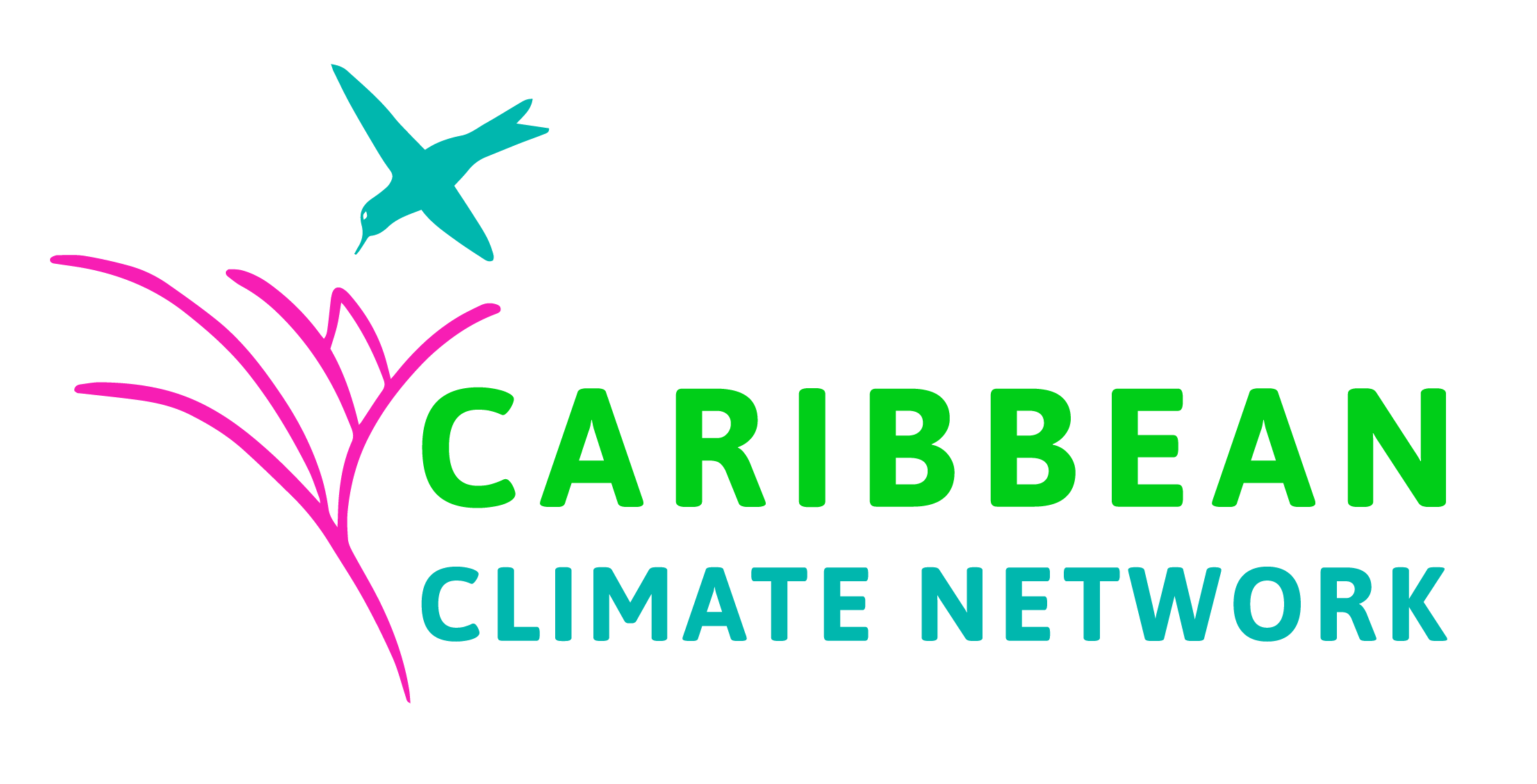Friday, June 2nd, 2023 has been declared Heat Action Day. Initiated by the International Red Cross Red Crescent, the primary aim is to raise awareness among communities on what has been described as “a silent emergency”, that is, the realisation of the impact of extreme heat throughout the world.
In a recent study, released in The Journal, “Nature Sustainability”, it is reported that “some 2 billion people would see a mean annual temperature of 84 degrees Fahrenheit or higher, starting in as early as 2070, when Earth’s population is expected to reach at least 9.5 billion.” Such an estimate should engender in us a deeper concern and ask whether there should be increased investments in air conditioning or whether innovative ways should be developed to address the expected heat.
The reality, however, is that the predicted higher temperatures would affect communities in most developing countries with the poorest citizens who are already seeking ways to address drought, natural disasters, socio-economic challenges, the results of the COVID-19 pandemic, and in some countries ongoing armed conflicts.

These issues have been recognised by the United Nations (UN) which has warned that increased recorded levels in global temperatures would have “far-reaching repercussions for health, food security, water management and the environment.”
The Caribbean, with its plethora of small island developing states (SIDS), has not been spared dramatic increases in daily average temperatures. Even escaping to beaches and rivers may not help to alleviate the spike in the temperatures. Thus, for example, in the 1962 Edition of a well-loved textbook on Trinidad and Tobago titled “Little Folks’ Trinidad”, the author noted that “the heat of the dry season is greatly tempered by the winds which constantly blow at that time.” The mean temperature at that time of our history, and maybe that of the Region as a whole, was stated at 76 degrees Fahrenheit.
The reality today, however, is far from that with the scientific impact of climate change rearing its persistent head. During the months of April and May 2023, there were unusually high temperatures throughout the Caribbean. It is anticipated that the next months of the year even with the sometimes cooling breezes of the rainy season may witness unreal temperatures and humidity.
These conditions would necessitate enhanced programmes to strengthen state-run organisations with auxiliary support from civil society. Both human and financial resources may have to stretch to tackle the impact of climate change which would include extreme heat. How then, do we ensure that all are safe during heat waves? At the outset, there must be accurate weather forecasting with widespread dissemination through all forms of media which would be readily accessible to all, especially rural areas.
The World Health Organisation (WHO) has, therefore, published a simple and comprehensive Question and Answer document which, if followed, could help all communities, especially the most vulnerable – the elderly, the ill, children, and the poor. One simple and practical method will be “keeping the body cool and hydrated by taking cool showers and baths.” The availability of a reliable and clean supply of water would, therefore, be an imperative.

The proposed measures are all practical, low-cost, and do-it-yourself and so should serve to build and strengthen resilience, enrich networking, adopt best practices and so build communities.
On Friday June 2nd 2023, we are all being called to pay additional attention to the impact of rising global temperatures and resultant heat waves. All practices and action should nevertheless be extended throughout the year and communities are encouraged to adopt the mantra: BE PREPARED.
